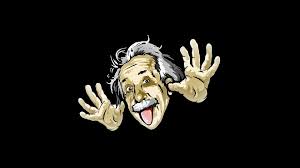记忆方法
1. from para- "beside, parallel to" (in this case, "mock-") + oide "song, ode" (see ode).
2. ode => parody.
2. ode => parody.
中文词源
parody 滑稽剧,滑稽模仿
来自拉丁语parodia,滑稽剧,滑稽模仿,来自para-,在旁,在周围,-odia,吟唱,吟咏,词源同ode,comedy,melody.
英语词源
- parody
-
parody: see prosody
- parody (n.)
- 1590s (first recorded use in English is in Ben Jonson), from or in imitation of Latin parodia "parody," from Greek paroidia "burlesque song or poem," from para- "beside, parallel to" (see para- (1), in this case, "mock-") + oide "song, ode" (see ode). The meaning "poor or feeble imitation" is from 1830. Related: Parodic; parodical.
- parody (v.)
- c. 1745, from parody (n.). Related: Parodied; parodying.
权威例句
- 1. The first trial was a parody of justice.
- 第一次审判是对正义的愚弄。
- 2. a parody of a horror film
- 一部恐怖电影的仿作
- 3. She has become a grotesque parody of her former elegant self.
- 她成为了以前那个举止优雅的自己的怪诞模仿品.
- 4. The trial was a parody of justice.
- 这次审判是对法律的嘲弄.
- 5. "The Scarlet Capsule" was a parody of the popular 1959 TV series "The Quatermass Experiment"
- 《红胶囊》戏仿了1959年大受欢迎的电视连续剧《夸特马斯试验》。
